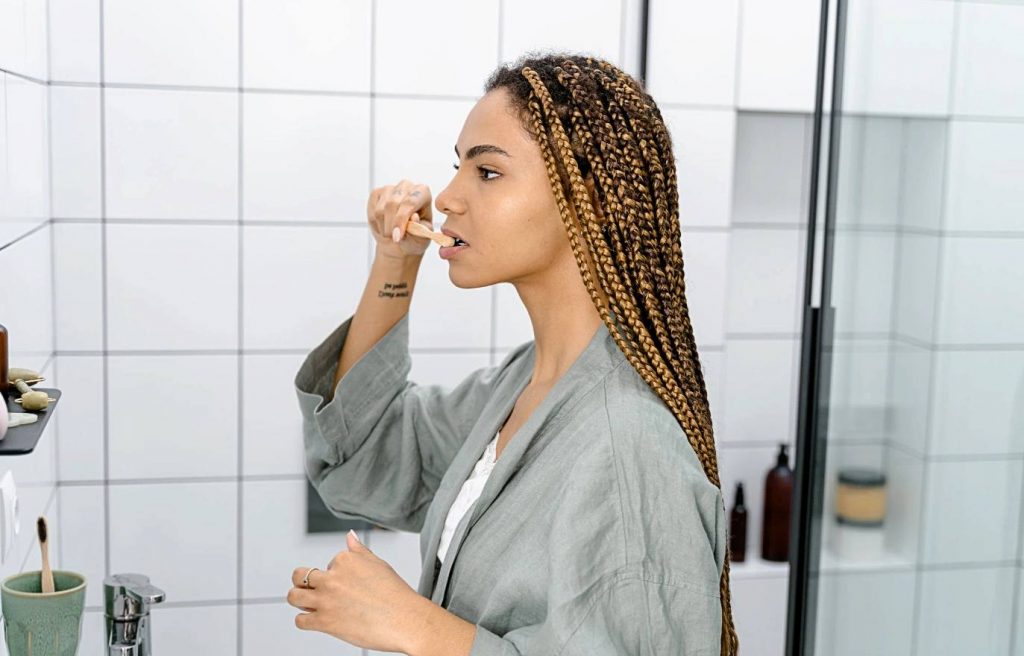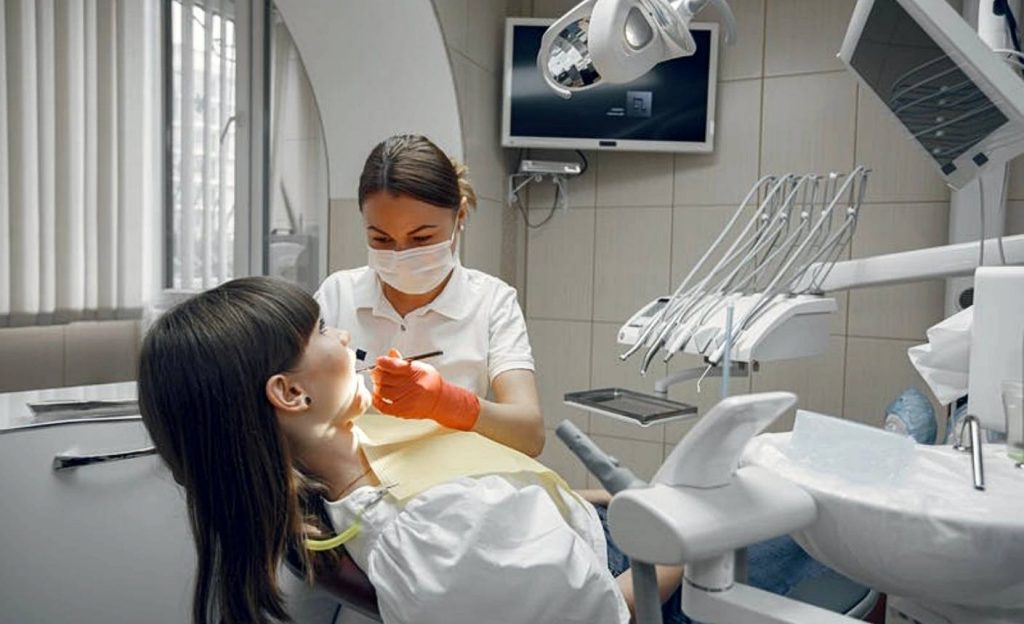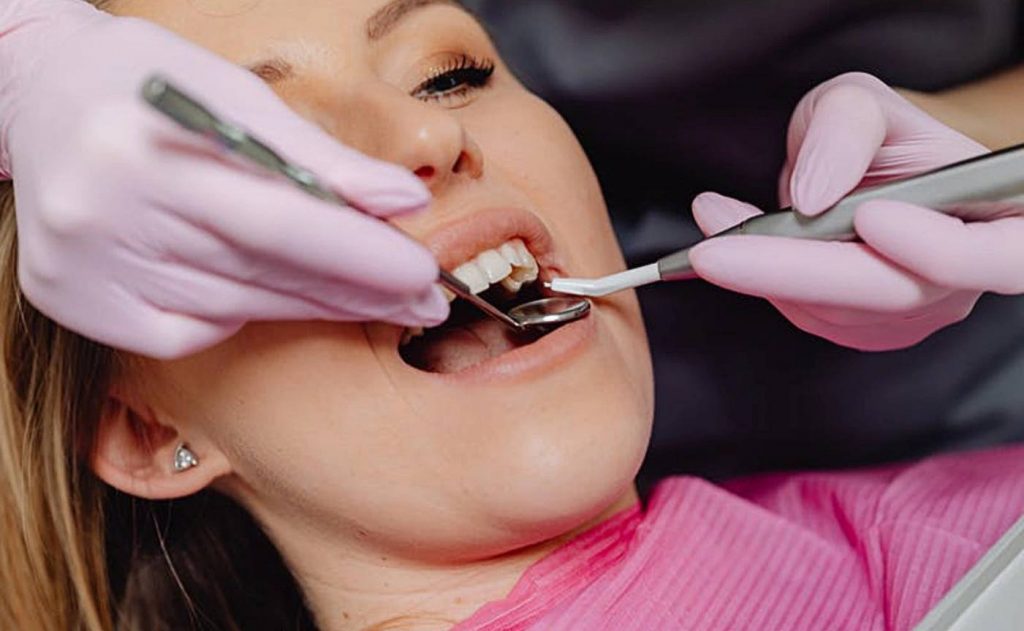If this article was helpful, go ahead and share with your friends and subscribe to this blog. Thanks.
Introduction:

Can I brush my teeth after wisdom teeth removal? Is a common question asked frequently. This article is going to review all hidden factors.
Brushing your teeth following wisdom teeth removal, on the other hand, might be frightening.
After wisdom tooth extraction, the mouth and jaw can be exceedingly uncomfortable and unpleasant, and many patients question whether and how to wash their teeth. Please read this article to the end to gain more helpful insight.
Oral hygiene becomes even more important after wisdom teeth removal. Proper oral hygiene promotes recovery and assists patients in avoiding problems. Please take proper care.
Your mouth may be painful after extraction. This is especially true if your wisdom teeth were impacted previous to removal. Below is all helpful information to benefit you and if you have any questions, ask me in the comment section below.
Can I Brush My Teeth After Wisdom Teeth Removal?

However, the American Dental Association recommends waiting 24 hours before brushing your teeth around the extraction site.
Blood clots develop as a result, protecting the tooth socket and starting the healing process. While it may seem unpleasant to go so long without brushing your teeth, it is vital that you do so.
The American Dental Association recommends not cleaning the teeth near the healing region for the remainder of the day.
However, you should begin brushing and flossing the next day. When brushing, use caution and be soft at the extraction site.
Can I Brush My Teeth With Toothpaste After Wisdom Teeth Removal?
After surgery, no brushing or rinsing should be done for the remainder of the day. Brushing can begin on the first day after surgery.
Do not spit out the toothpaste for the first 5 days after surgery. Allow the toothpaste to flow out of your mouth to remove it.
The day after surgery, you should start washing at least 5-6 times each day. Make sure to rinse with a cup of warm water and a teaspoon of salt after each meal.
When Can You Brush After Wisdom Teeth Removal?

You may start cleaning your teeth routinely 72 hours after having your wisdom teeth removed. Because the removal wound is still healing, avoid brushing too close to it.
Take a 2 x 2 compress and gently bite down on it for a few minutes if your teeth are bleeding when you clean them.
On the day of your wisdom teeth removal, do not clean your teeth. The initial 24 hours following extraction are critical for the healing process, and interfering with it can lead to infection.
Can I Brush My Teeth 12 Hours After Wisdom Teeth Removal?
Brush or rinse your mouth for the first 12 to 24 hours following the tooth extraction operation to be safe.
After that, brush gently and avoid getting the toothbrush too close to the extraction site. Swish water, mouthwash, or any other dental care fluid out of your mouth.
It might take up to two weeks to recuperate following tooth extraction, depending on the type of extraction.
After having a tooth extracted, dentists recommend waiting at least three days before brushing your teeth with toothpaste.
Can I Brush My Teeth 3 Days After Wisdom Teeth Removal?

After your wisdom teeth are removed, you can begin brushing your teeth regularly 72 hours later. Because the removal site is still healing, avoid brushing too close to it.
The American Dental Association suggests not brushing the teeth around the healing zone for the remainder of the day. However, you should begin brushing and flossing the next day. When brushing, use caution and gentleness at the extraction site.
What Happens If I Accidentally Spit After Wisdom Teeth?
For the first 24-48 hours after extraction, avoid vigorous spitting. Spitting aggressively after washing or for any other reason causes a lot of pressure and suction in your mouth, which might cause your blood clot to be dislodged, similar to using a straw. Do not spit aggressively after rinsing.
For the first seven days, do not spit. A blood clot can be dislodged by spitting, resulting in bleeding and severe dry socket discomfort. If you need to spit, gently rinse your mouth with water and then let the water flow into the sink by itself.
Another Reading Suggestion
How Should I Clean My Teeth After Wisdom Teeth Removal?

Mouthwash/Oral Hygiene.
Brush your teeth lightly as soon as possible. And brush only on the crowns of teeth as you get closer to the surgery areas.
Brush your teeth regularly and keep your mouth as clean as possible. A prescription mouth rinse has been recommended.
Does Salt Water Rinse Hurt Wisdom Teeth?
A salt water wash with half a teaspoon of salt in a glass of water can help your mouth recover after surgery since it has the same salts and minerals as the human body. Mouthwash irritates the mucous membranes, but a salt water rinse does not and cleans just as well.
If you don’t have access to salt, such as at work or school, rinsing with tap water can help. The operation site is physically cleaned, and plaque and food particles are removed by gently tapping water in the mouth.
What Does Salt Water Do After Wisdom Teeth Removal?

Rinsing with saltwater replaces brushing and keeps the socket clean. Furthermore, washing with salt water generates a hostile environment for tooth microorganisms. As a result, consistent usage reduces the risk of infection and other problems following extraction.
After a tooth has been pulled, minute food particles may become stuck in the socket. A moderate salt water treatment is recommended to clean the healing region and prevent food from becoming trapped.
When Can You Start Eating Solid Foods After Wisdom Teeth?
If a patient’s pain lasts longer than three days, they should postpone adding solid foods to their diet. In most cases, a patient may resume their normal routine and diet within seven days of having their wisdom teeth out.
On the third day after surgery, try items like eggs, bread, or oatmeal. As chewing becomes easier, gradually introduce solid foods.
If chewing causes you discomfort, limit your diet to soft and semi-soft foods. Many people are able to resume regular eating patterns within a week.
Can I Sleep On My Side After Wisdom Teeth Removal?
You’ll have to sleep on your back, though. You may need to sleep on your back for three to seven days, depending on your healing duration. Sleeping on your side or stomach is not suggested since it might squash your cheeks and generate additional strain.
It is suggested that you sleep in an upright position to keep the bleeding under control. To prevent swelling and bleeding, keep your head elevated.
How Do I Sleep First Night After Wisdom Teeth?
You should sleep with your head elevated during the first several nights following wisdom teeth extraction.
A single pillow should suffice when sleeping on your side. If you have difficulty sleeping in that position, lean back and stack a few pillows behind you for support.
Pay attention to your oral surgeon’s aftercare suggestions for the best chance of sleeping soundly at night. When you’re healing from wisdom tooth extraction, take care of yourself.
How Do You Drink Water After Wisdom Teeth Removal?

Drink lots of water after the surgery. Avoid alcoholic, caffeinated, carbonated, or hot liquids for the first 24 hours. For at least a week, avoid drinking with a straw since the sucking movement may dislodge the blood clot from the socket.
Take note that drinks should be ingested before sedation. Drink from a glass rather than a straw, as the sucking motion might dislodge the blood clot, causing further bleeding. By eating away from the surgery areas, you may consume anything soft.
Another Reading Suggestion
What Happens On Day 4 After Wisdom Teeth Removal?
Days 3–4: Swelling will be at its highest, but the throbbing pain will be replaced with general discomfort.
Don’t be frightened if opening your mouth entirely is difficult. This will pass quickly. To keep the extraction areas clean, oral hygiene is essential.
Follow your surgeon’s instructions for mouthwash or warm salt water rinsing. Brush your teeth gently so as not to disrupt the surgery sites, which will be producing collagen, which is a precursor to new gum tissue.
How Long Should I Ice My Face After Wisdom Teeth Removal?
Apply an ice pack on your jaw for 20 minutes, then remove it for another 20 minutes to reduce any discomfort or swelling.
For the first 48 hours, you can do this a couple times a day. (If you don’t have an ice pack, fill a zippered plastic bag with crushed ice.)
After 48 hours, ice therapy is no longer helpful, so use a heat pack to relieve pain and swelling.
For the first several hours after wisdom tooth removal, you might expect some bleeding.
Why Don’t They Stitch Wisdom Tooth Holes?
Sutures for wisdom teeth are intended to remain in place until the wound has healed completely.
Pulling them out too soon may interfere with the healing process. Early suture removal can introduce bacteria or germs into the extraction hole, leading in infection.
What Can I Eat 7 Days After Wisdom Teeth Removal?

-
Broths
Broth, also known as bouillon (French pronunciation: is a flavorful liquid consisting of water that has been boiled for a short time with meat, fish, or vegetables. It may be eaten on its own, but it’s more usually used to make soups, gravies, and sauces.
Broths have been used as a source of food for the sick in Great Britain, especially dysentery patients, since at least the early 1700s.
Chicken, beef, fish, and vegetable broths are commercially produced liquid broths. Beginning in the early twentieth century, dehydrated broth in the form of bouillon cubes was popularized.
-
Mashed Potatoes
Mashed potatoes, often known as mashed taters or mashed potatoes, are a meal created by mashing cooked potatoes with milk, butter, salt, and pepper.
As a side dish, it is frequently served with meat or vegetables. Smashed potatoes are just roughly mashed potatoes.
-
Mashed Bananas
Bananas are one of the most widely consumed fruits in the world, and their soft texture makes them easy to chew and swallow after dental surgery. The texture of bananas is further softened by mashing them, reducing the chance of discomfort.
Bananas are high in potassium, vitamin B6, manganese, and folate, among other vitamins and minerals.
Bananas contain vitamin C, potassium, and other vitamins and minerals that are beneficial to overall health. Because the fruit’s sugar content is balanced with fiber, it helps to maintain a healthy blood glucose level.
Even diabetics, according to the American Diabetes Association, can enjoy a banana.
-
Scrambled Eggs
Scrambled eggs are a meal made of eggs (generally chicken eggs) that have been whisked, whipped, or beaten together while gently cooked, usually with salt, butter, oil, and occasionally additional ingredients.
This meal is one of the healthiest foods to eat after wisdom teeth removal. They’re a high-protein food that’s also high in vitamins and minerals.
When shopping for eggs, seek for pasteurized or omega-3-enriched varieties. Omega-3 fatty acids have been shown to aid in wound healing.
-
Applesauce
Apple sauce, often known as applesauce, is an apple-based sauce. It can be spiced or sweetened and prepared using peeled or unpeeled apples. Applesauce is a low-cost food that is frequently enjoyed in North America and Europe.
But Apples are tough and crunchy, which isn’t ideal following wisdom teeth extraction. One approach to improve your fruit consumption while avoiding discomfort is to eat applesauce.
Apples with no skin are high in vitamins including vitamin C, which may assist to improve the immune system.
-
Avocado
Avocados are high in vitamin K, vitamin C, and potassium and are extremely healthy. According to one study, avocados may aid in the healing of wounds in animals. When you’re recuperating after wisdom tooth extraction, their smooth, creamy texture makes them great for eating.
The avocado tree is a South American tree that is most likely native to the highlands of south-central Mexico and Guatemala. Lauraceae is the flowering plant family in which it belongs.
Avocado is the scientific name for the plant’s fruit, which is a huge berry with a single enormous seed.
-
Cottage Cheese
Cottage cheese is low in calories and abundant in vitamins and minerals. It’s smooth and creamy, making it easy to chew and swallow after wisdom teeth surgery. Cottage cheese is high in protein and may aid in wound healing. Try adding it to scrambled eggs or smoothies.
Cottage cheese is a mild-flavored cheese curd with a creamy, non-homogeneous, soupy feel. Curds and whey are other names for it.
It’s manufactured from cow’s milk by draining the cheese rather than pressing it to make cheese curd, which keeps part of the whey and keeps the curds loose.
What Helps Wisdom Teeth Heal Faster?

Though wisdom teeth extraction necessitates some recovery time, taking the necessary precautions can allow you to get back on your feet sooner. Here are several quick techniques to cure wisdom teeth.
- Keep your head up and get plenty of rest.
- Follow the directions on your pain medicine.
- For the first 48 hours, use cold packs, then move to warm packs.
- Rinse your mouth with warm salt water many times a day after 24 hours have gone.
- For at least a few days, eat mainly liquids and soft foods.
Another Reading Suggestion
Final Thoughts
It’s recommended that you can resume your usual brushing and flossing practice the day following surgery. Brush your tongue since it stores bacteria and can leave an unpleasant taste in your mouth.
Also, many dentists suggest you should gently rinse your mouth with warm salt water after gently brushing your teeth. This may be done after meals to help prevent food from getting into the socket.
Please it’s highly recommended to follow your dentist guidelines if any was given to you. This article is for information purposes and if you have any questions, please ask us below.
If this article was helpful, go ahead and share with your friends and subscribe to this blog. Thanks.


